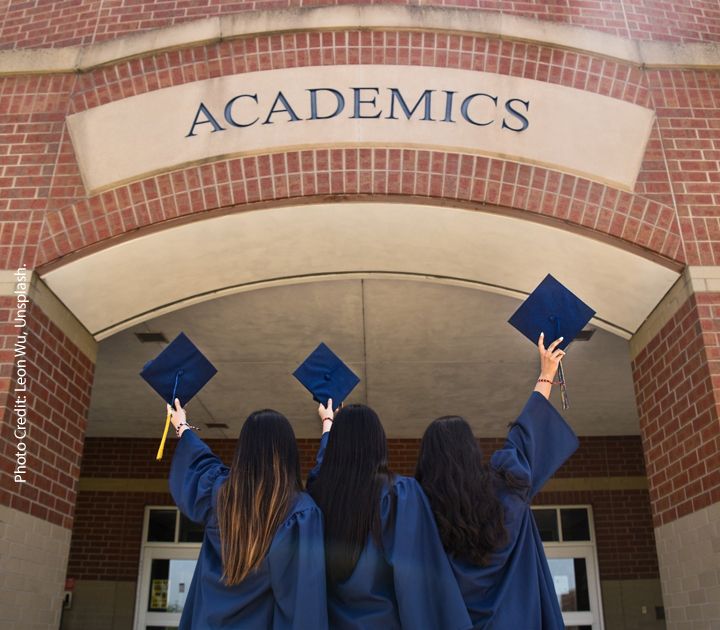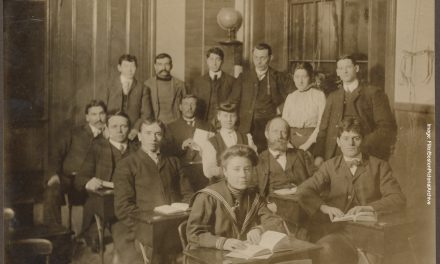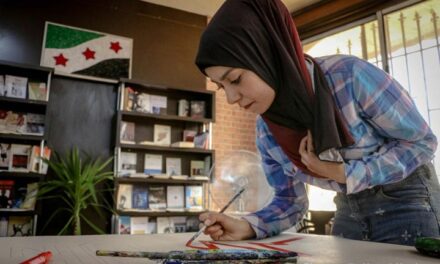This blog was written by Dr Ruth Goodman, Research Fellow on the British Academy funded Gender on the Higher Education Learning Agenda Internationally (GOTHELAI) project, and Dr Tamsin Hinton-Smith, Principal Investigator and Head of Department of Education. They are both in the School of Education and Social Work at the University of Sussex.
The following quotes are taken from interviews with university students, conducted as part of the Gender on the Higher Education Learning Agenda Internationally (GOTHELAI) project, about their perceptions and experiences of gender content and approaches in higher education teaching and learning.
‘In a political science class, all men stopped saying anything once we started discussing feminism. There is a need for more allies.’ Social Science student, India
‘To be candid, I feel there is not much representation of the role of women generally. I [was] offered a course where the role of men and women in history were mentioned, yet only few women were mentioned…’ Humanities student, Nigeria
Mainstreaming gender in higher education is an important means to driving wider social change through affecting thinking, beliefs and behaviour of decision-makers of tomorrow. Towards this end, the GOTHELAI project set out to address gender inequality in international higher education contexts. Specifically, the project sought to interrogate and increase gender inclusion and sensitivity in the focus and approach of higher education teaching in universities across five participating countries: India, Morocco, Kazakhstan, Nigeria and the UK.
The participating countries vary in the gender equality challenges they face, including in education contexts. On the World Economic Forum’s 2021 Global Gender Gap Index, out of 156 countries listed, the rankings for participating countries are: UK 23, Kazakhstan 80, Nigeria 139, India 140, and Morocco 144, the latter three countries falling within the lowest 15% of scores for all countries. By conducting the research across countries and across disciplines, the project generated insights into the differences and similarities of the challenges faced by the participating countries and enables increased understanding and shared learning across countries about how those challenges can be addressed.
The GOTHELAI research was led by an established interdisciplinary team of feminist academics from the participating universities in all five countries. Funded as part of the Global Challenges Research Fund (GCRF), the research took a cross-national case study approach with staff and student surveys conducted across disciplines. From the new insights generated from this work we have created a range of outputs including our openly available toolkit.
The Toolkit
The toolkit has been created with the intention of sharing our resources and experience in order to support others working or studying in higher education internationally to carry out their own gender audit of their higher education institute (HEI). The intention is that this toolkit can be adapted for your own specific contexts and requirements:
The toolkit includes:
- Adaptable data collection instruments and research notes
- Researcher reflections and case studies of insights from participants and stakeholders in international contexts
- Reflective questions and activities to guide gender audit in your context
Our model for auditing and increasing gender-sensitivity in international higher education contexts is designed to be implementable at levels from a single course or department to entire institutions. We recommend that the more widely you are able to achieve buy-in to undertake gender audit within your institution, the greater the potential for positive change to promote outcomes and experience for both students and staff; however, this can also be a valuable, equality-enhancing exercise carried out at the level of an individual course, class or teacher’s practice.
Through this Toolkit and a series of facilitated international workshops, our intention is to share our research approach and findings more widely with colleagues in the international higher education research and teaching community with the aim of cultivating greater gender inclusivity and equality within HEIs.
In January 2022 our Gender on the Higher Education Agenda Internationally conference brought together around 100 delegates from countries across continents. Since then, we have been sharing our website and toolkit widely and we are now engaging colleagues all over the world from the Philippines to Tanzania to the US. It is exciting to see this level of interest and engagement and we look forward to seeing how colleagues make use of the toolkit within their own settings.
The GOTHLAI team is: Dr Anna CohenMiller and Dr Aray Saniyazova at University of Nazarbayev University, Kazakhstan; Dr Nupur Samuel and Mr Abhinav Anand at O P Jindal Global University, India; Prof. Olapeju Aiyelaagbe and Ms. Uko Idorenyin Akaninyene at University of Ibadan, Nigeria; Dr Kholoud Kahime and Dr Fabrice Shurweryimana at Cadi Ayyad University, Morocco; and Dr Tamsin Hinton-Smith, Dr Fawzia Mazanderani, and Dr Ruth Goodman at University of Sussex, UK





